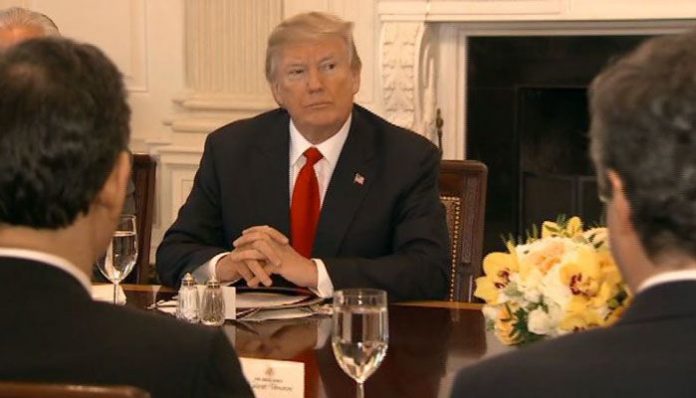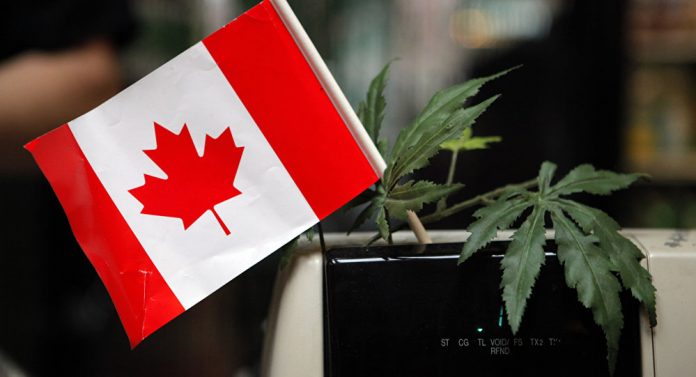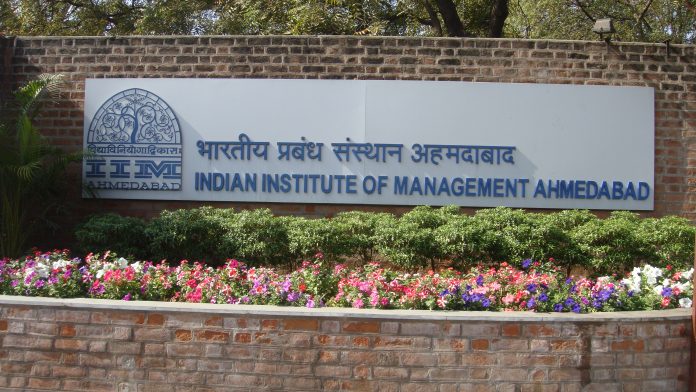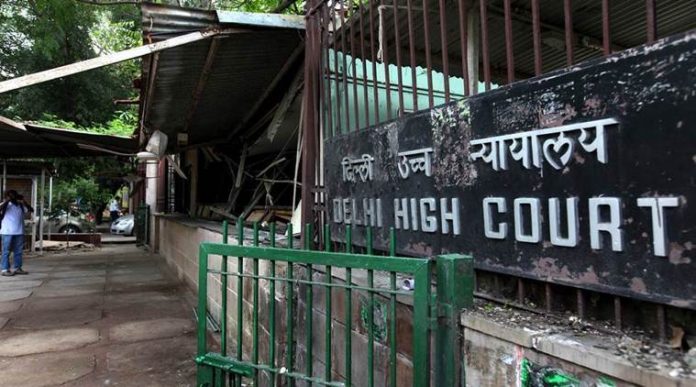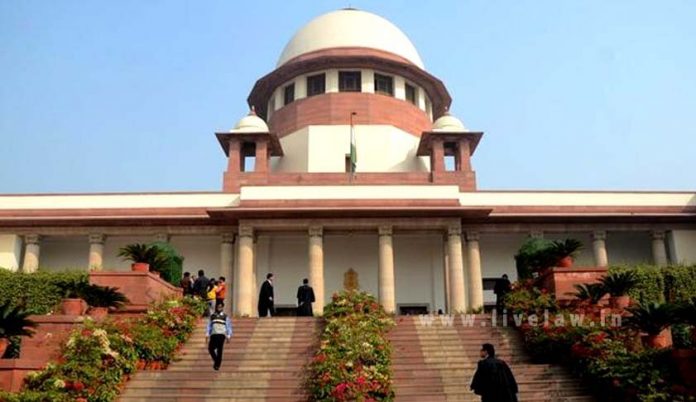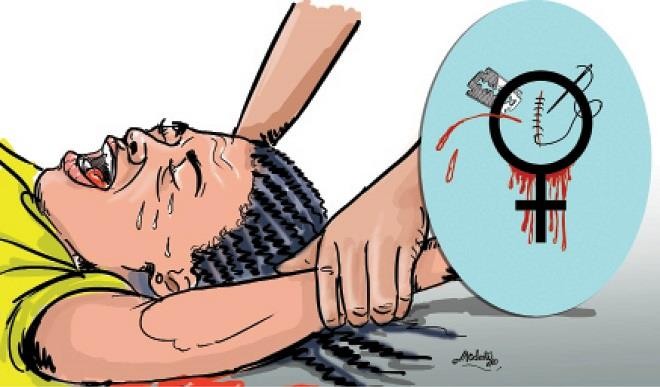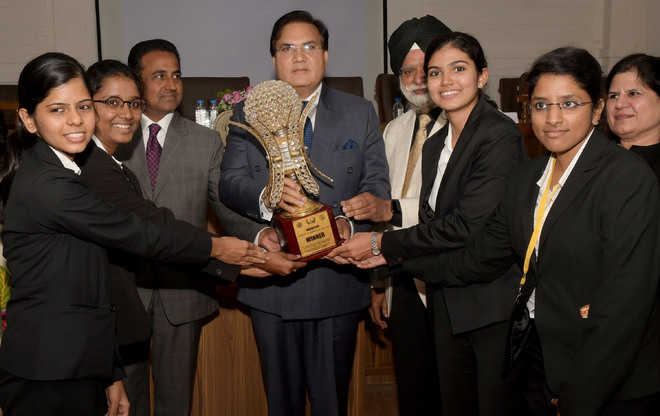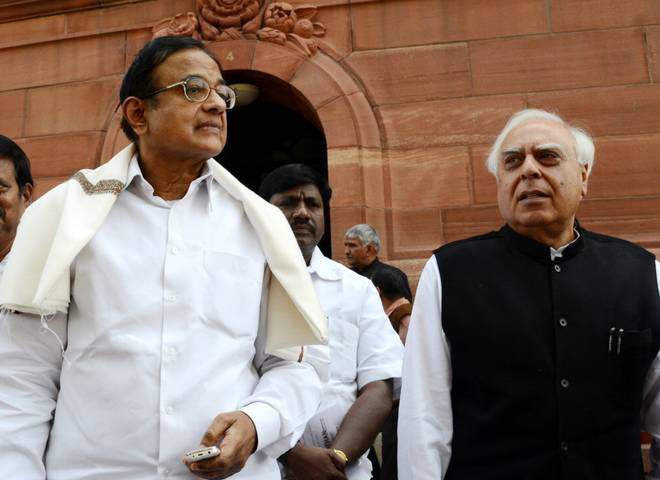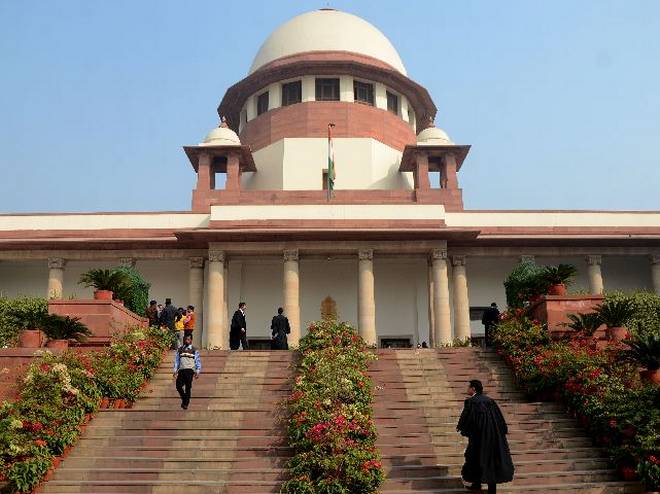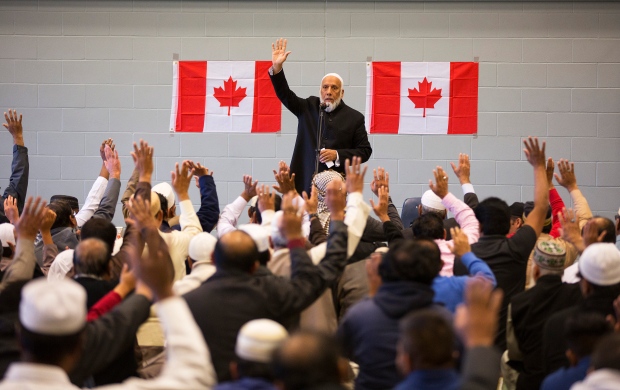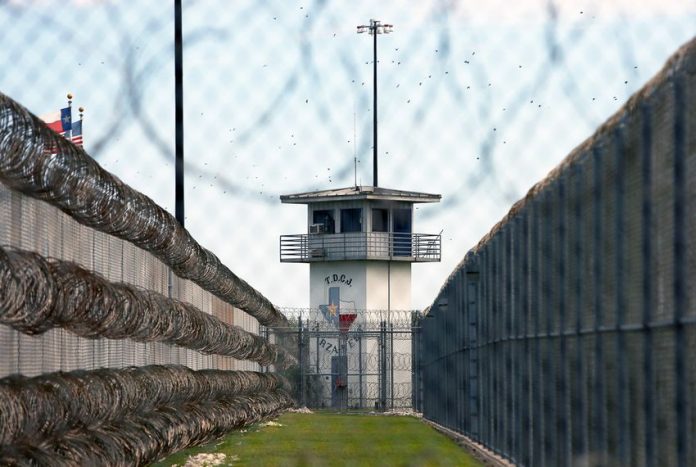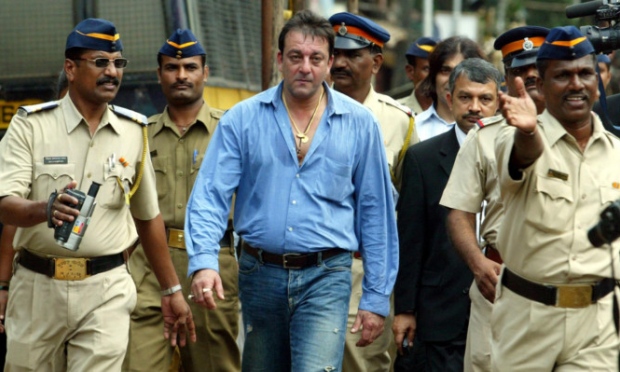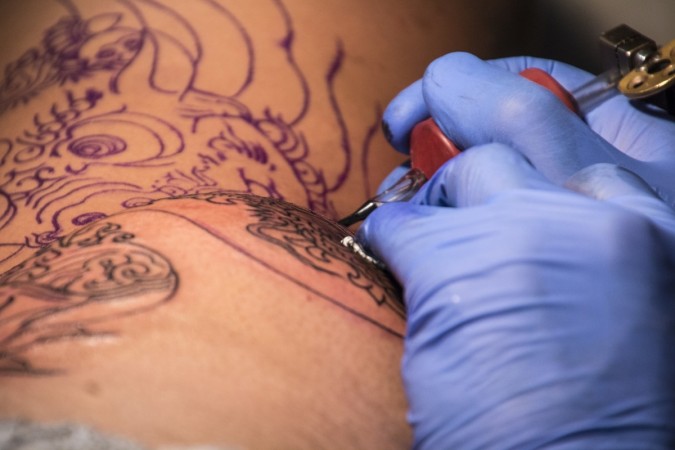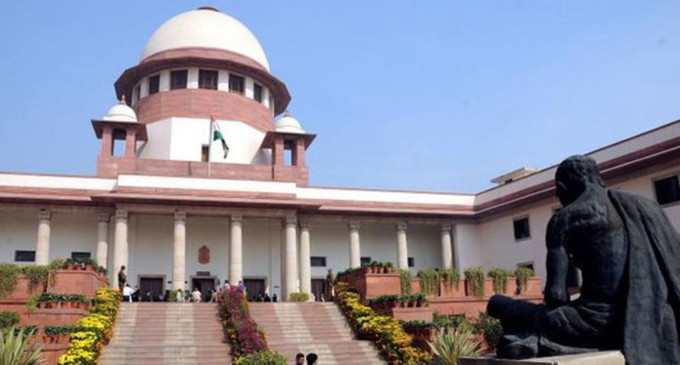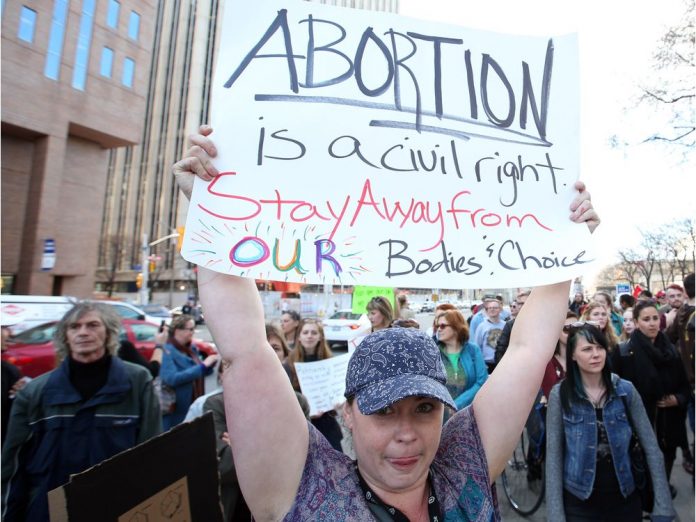The world of cryptocurrencies has witnessed tumultuous movements in the past few months.
China has blocked cypro trade exchanges while U.S. banks has been declining cryptocurrency purchases. And the Indian finance minister Arun Jaitley, in his recent Budget speech, said that the country does not recognize Bitcoin as legal tender. He has also said crypto payments would be penalized.
The price of Bitcoin dropped to a two-month low of less than $7,000 after this.
Panel To Be Set Up To Study Crypto Trading
The secretary of economic affairs SC Garg subsequently announced that a panel would be set up to study the trading of crypto assets in unregulated exchanges. The panel is slated to submit its findings by the end of March 2018.
Ajeet Khurana of the Internet and Mobile Association of India (IAMAI) which is one of the agencies working to increase awareness of cryptocurrency in the country, was not discouraged by the finance minister’s remark stating that he was glad that cryptocurrency at least found a mention in the country’s national budget.
Khurana who heads the agency’s Blockchain and Cryptocurrency Committee (BACC) said that it was logical for the minister to say that cryptocurrency isn’t legal tender, highlighting that most countries except Japan had taken a similar stance. According to him, crypto trading has not been made illegal though it has risks attached to it just like any other investment.
However investors in India have been left highly concerned after most media outlets suggested that cryptocurrency trading was now illegal.
According to Khurana , the knee-jerk reaction could be attributed to poor understanding of Bitcoin.
India Sees Jump in Bitcoin Trading
Cryptocurrency trading volumes in India have been on the rise in recent months.
Khurana claims that there are at least five million active traders in India, who are transacting via regulated banking channels, although there are no official estimates. India’s top cryptocurrency exchanges such as Zebpay, Coinome, Coinsecure, Unocoin, and Bitxoxo have witnessed a sustained rise in user interest Khurana said.
The IAMAI also has been launching user awareness outreach programs such as educational videos and reading material, to educate investors. It is also planning on launching an online course with inputs from industry experts and Bitcoin exchanges .
Khurana noted that there were “multiple dimensions” to Bitcoin like the technology, security and privacy, which users need to understand as it will help them make informed decisions while trading.
Industry Leader Team Up To Collaborate
In November 2017, the Digital and Blockchain Foundation of India (DABFI) and the IAMAI merged in order to work together on popularizing blockchain technologies in India and also develop an advocacy platform for cryptocurrency.
Many of India’s major Bitcoin exchanges like Unocoin, Zebpay and Coinsecure have joined IAMAI’s newly launched Fintech Council.
Sandeep Goenka, cofounder of Zebpay and head of the fintech council stated that the “ideal way” to the system was to allow use of “approved banking channels” to onboard new customers and to legitimize Bitcoin trading.


